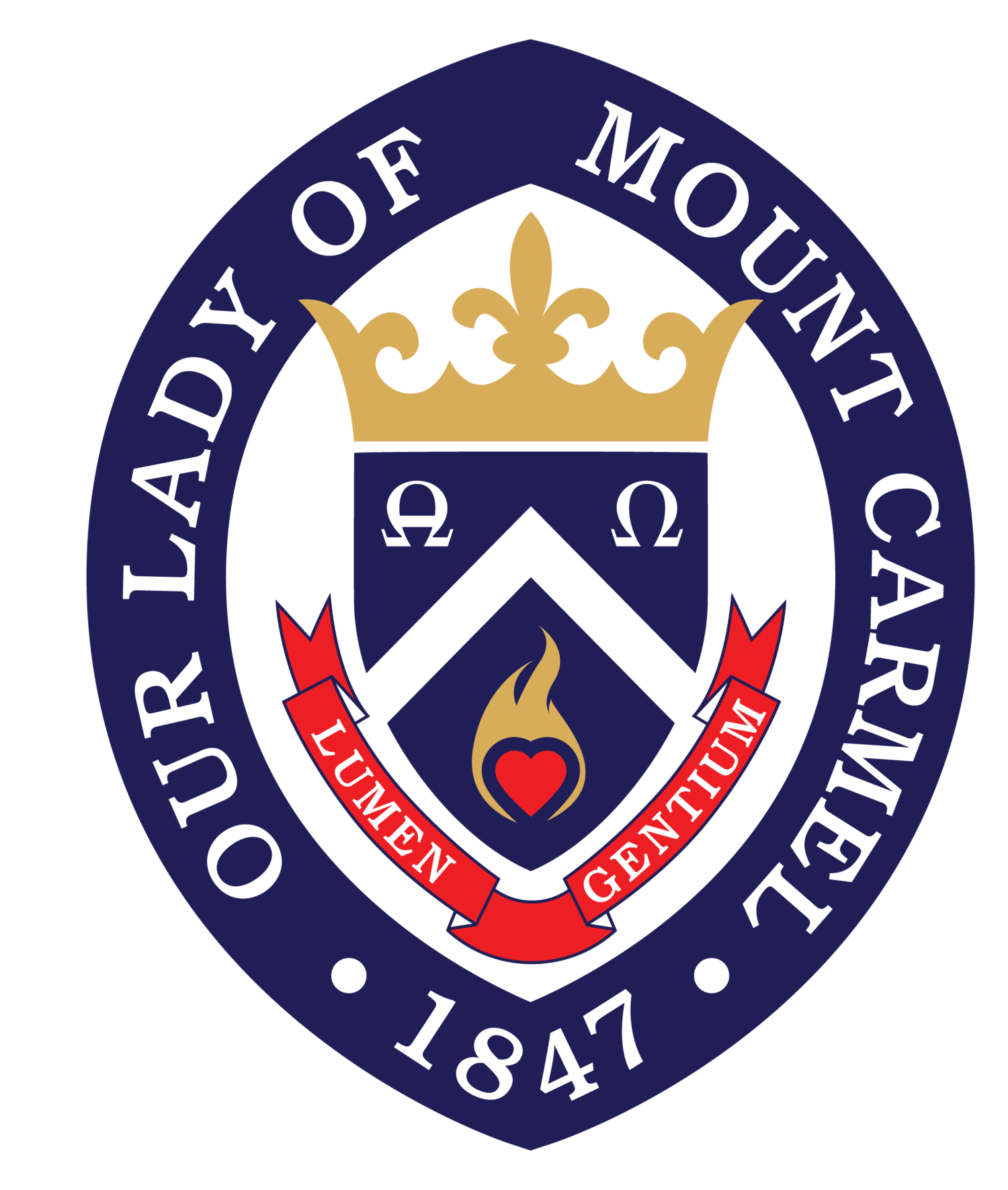Dear Saints,
I’m writing you this note as I travel back from my dad’s mother’s funeral, which I celebrated in England on Wednesday. Her family and friends were quick to suggest that having a son or grandson perform the Rite of Christian Burial is a great honor for a faithful Catholic. That sounds right to me, but in this case the honor was also mine – my grandma’s life of joy-filled service was a witness that opened the way to my embrace of God’s call.
Outside of travel arrangements and the like, I’ve been thinking a good bit about religious affiliation these days, specifically people who identify (or no longer identify) as being Catholic and what drives the phenomenon. It seems to be in the air – my friend Deena Yellin at northjersey.com just published an article on the “Nones,” Americans who have left “organized religion,” and Timothy O’Malley has taken up related themes of Catholic disaffiliation and Eucharistic coherence on Notre Dame’s Church Life Journal.
I won’t give a technical treatment of the issues here, but I do want to offer a couple of points in reflection:
· These subjects are highly personal. Not only do we know people – more often than not in our own families – who have “fallen away” from the Faith, we find in ourselves the best and the worst of the Catholic Church.
· Disaffiliation (people leaving the faith) is a whole-person problem. What do I mean? For some time (I’d guess since at least the Counter Reformation) we have treated disaffiliation as a problem of the intellect. Formation in the Truth matters, chiefly because Jesus is the Truth, but it is a mistake to imagine the Church as a debating society.
· If disaffiliation is a whole-person problem, then affiliation demands a whole-person solution. Paradoxically, this means that we have to move away from an individualistic approach to life (the way American culture is today). The person is, first of all, in relation – if we don’t get this right, nothing much else will matter.
· This final point takes flesh for us in at least two distinct ways. Firstly, we are summoned by Christ to be members of his Body. This means we are in relationship – in a way that goes beyond even our familial bonds – with each other in Christ our Head. Secondly, as the Body of Christ we exist for the other. We are on mission together to raise up our fallen world.
· I’m pleased to say that, by most people’s measures, OLMC is leading the way towards a culture of Eucharistic coherence and Catholic affiliation. This helps explain some of OLMC’s attraction to people far and wide – we’re making strides towards living authentically our call to be a light to the world – and why our church and school community has grown so dramatically these past few years.
The course that lies ahead will not be without challenges, and this shouldn’t surprise us. If we’re called to bring God’s whole-making and healing love to life for his world, then we’ll encounter our fair share of brokenness as we go both in ourselves and in those to whom we’re sent. It’s only by keeping our hearts and minds trained on Jesus – trusting and following him in all things – that we can make our way as his wounded healers gathered together by Love, and giving ourselves totally in Love’s cause.
I love you, my friends. I look forward to seeing you soon.
Christ’s Peace,
Father Daniel
δοῦλος Χριστοῦ Ἰησοῦ

